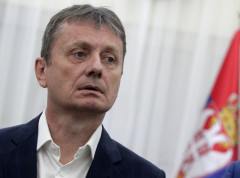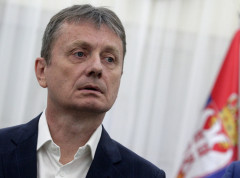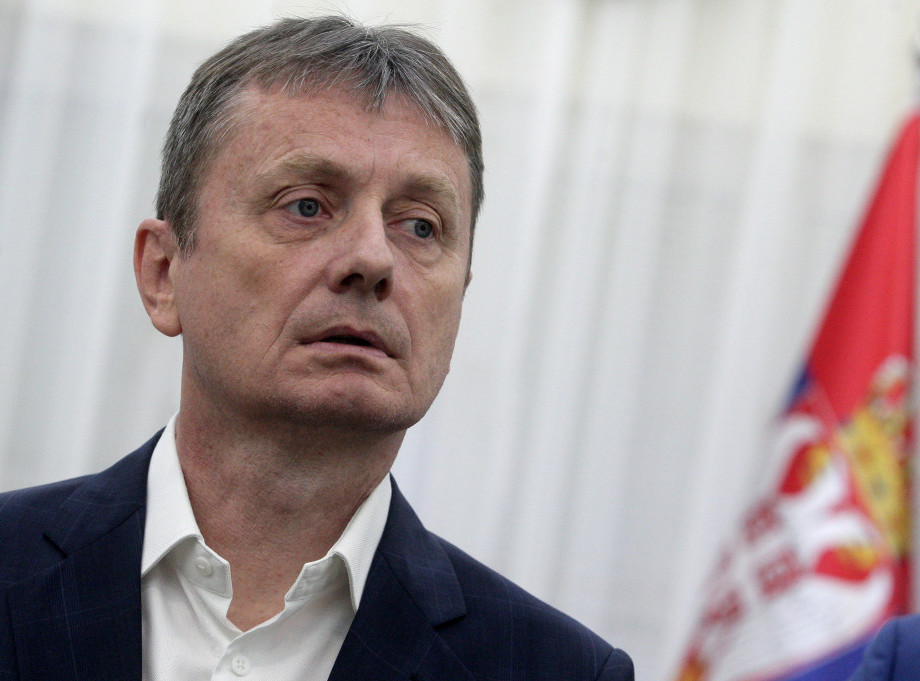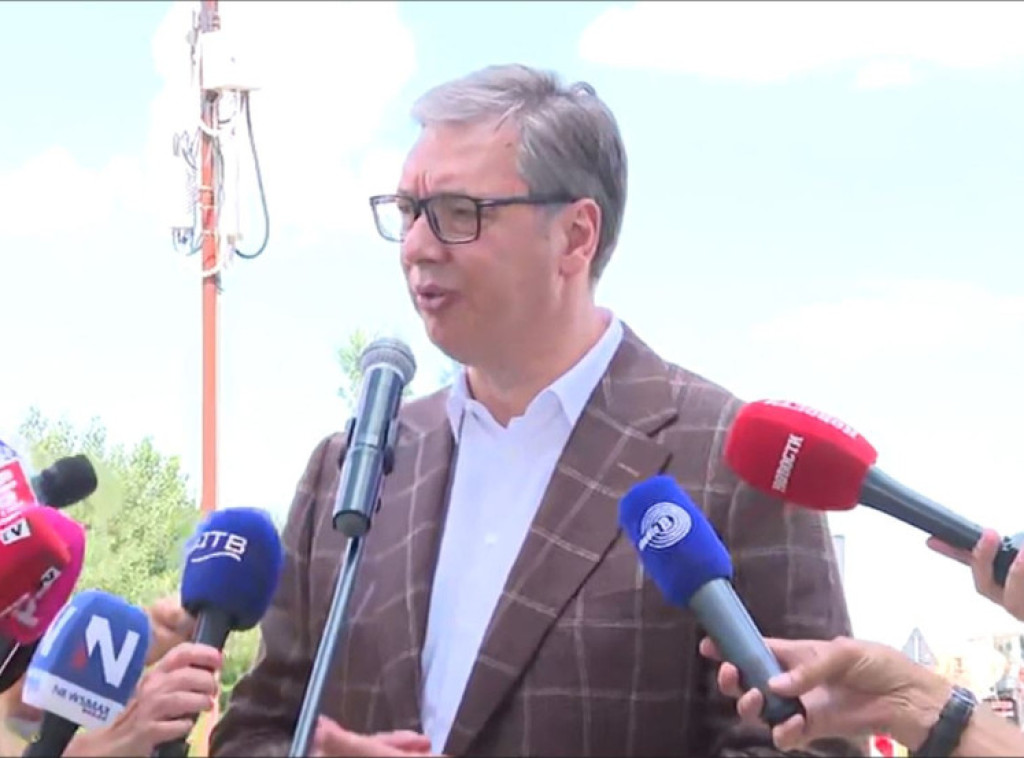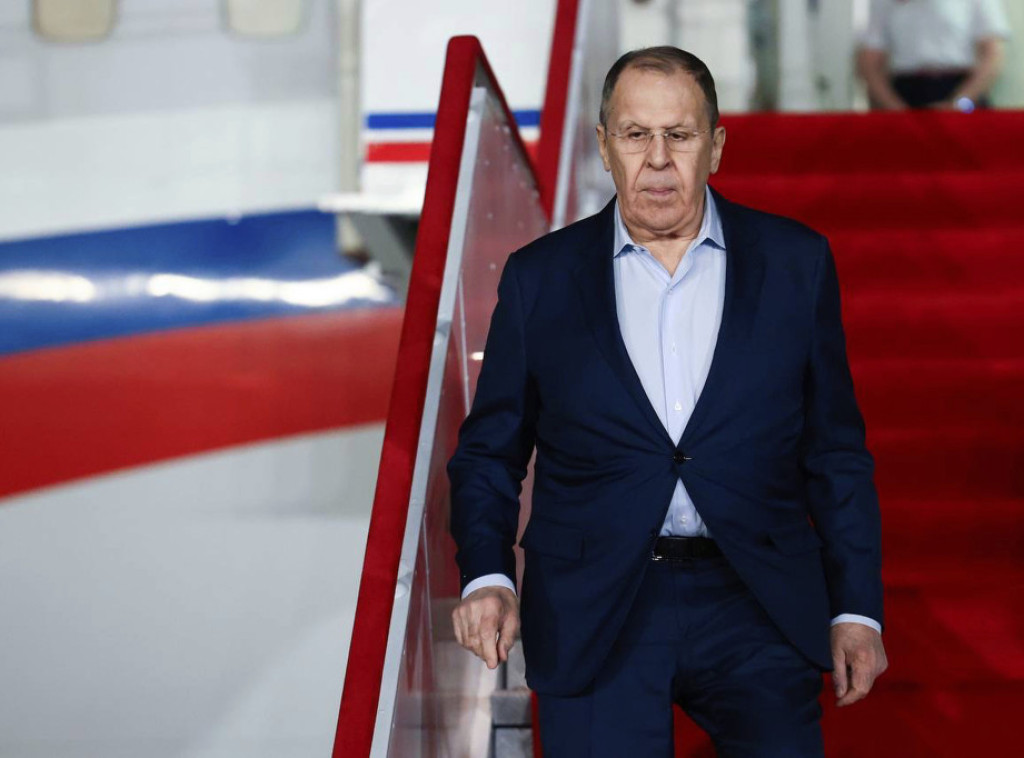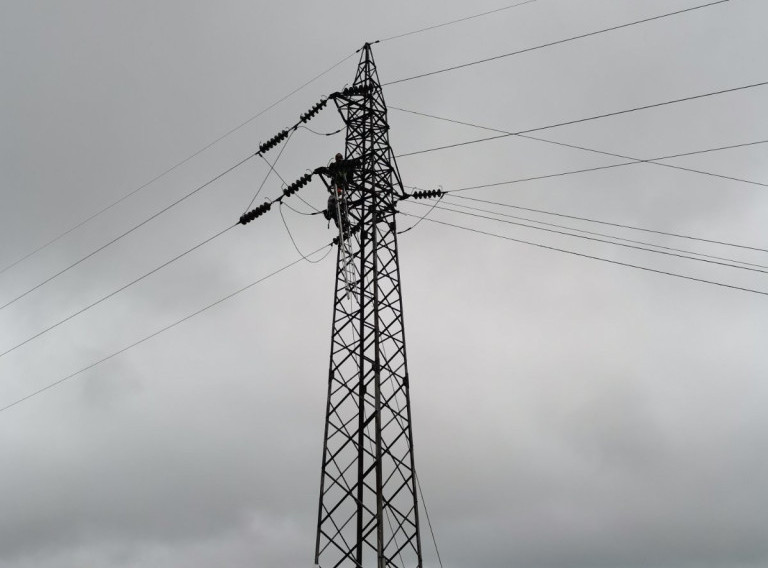Fire Disaster in Serbia: Darko Glišić Appointed Head of Commission for Fire Damage Recovery!
In July 2023, Serbia was hit by unprecedented wildfires that affected large parts of the country. In response, the Serbian Government appointed Darko Glišić as the head of the Commission for the Sanitation of Damages caused by the fires. But is this enough?
Who is in the Commission?
Besides Glišić, the commission includes powerful government members: Deputy Prime Minister and Minister of Internal Affairs Ivica Dačić, Deputy Prime Minister and Minister of Economy Adrijana Mesarović, Minister of Agriculture Dragan Glamočić, Minister of Defense Bratislav Gašćanić, State Secretary of the Ministry of Finance Stevanović, Advisor for Mining and Energy Milan Aleksić, Director of the Public Water Management Company Srbijavode Goran Puzović, and Acting Director of Srbijašume Krsto Janjušević.
What is the Commission’s task?
The commission is tasked with monitoring the situation and directing activities for the recovery of fire damage, collecting and systematizing data on damages, coordinating the preparation of aid and reconstruction programs, determining priorities, executors, necessary equipment, work schedules, and the amount of required funds. All aimed at effectively mitigating and repairing the consequences of the devastating fires that struck Serbia in July.
But what about the money?
The government has allocated several million dinars to assist those affected, but this sounds like a drop in the ocean compared to the scale of the damage. Will these millions be enough to repair destroyed homes, agricultural fields, forests, and infrastructure? Doubtful.
No compensation for commission members
Interestingly, commission members and other engaged persons receive no compensation for their work. They work voluntarily, which can be both good and bad — good because it saves money, bad because it might affect efficiency and dedication.
Coordination and expert involvement
The commission can cooperate with all bodies, organizations, and services at the local government level affected by the fires and can engage other experts as needed. This is necessary because the situation is serious and requires a multidisciplinary approach.
Dačić and aid to the population
Deputy Prime Minister and Minister of Internal Affairs Ivica Dačić emphasized the engagement of the emergency sector in mitigating drought consequences and solving water shortage problems, which is an additional issue in affected areas. In Svrljig, eight water reservoirs were handed over, and aid will be provided to other municipalities facing similar problems.
Fires were twice as frequent
According to Dačić, there were twice as many fires as usual during this period, which further strains resources and requires urgent and effective response.
What’s next?
The government plans to continue investing in long-term solutions for water supply and damage recovery. However, citizens wonder if this will be enough and if aid will arrive on time.
Conclusion
Serbia is burning, and the state has finally activated mechanisms for damage recovery. The appointment of Darko Glišić as commission president is a first step, but the real battle is yet to come. Will the commission manage to coordinate all activities and provide adequate aid? Will the millions of dinars help those affected, or will it be just another empty promise?
While we wait for answers, maybe it’s time to ask — how ready is Serbia to face these challenges? And you, what do you think about this commission and its chances? Drop a comment, maybe your idea will save the day!







